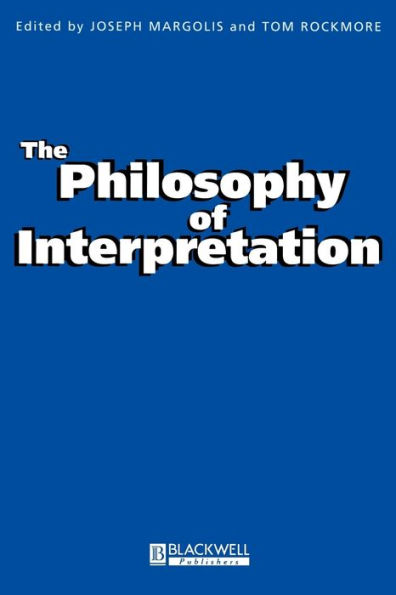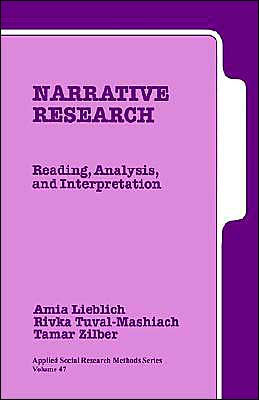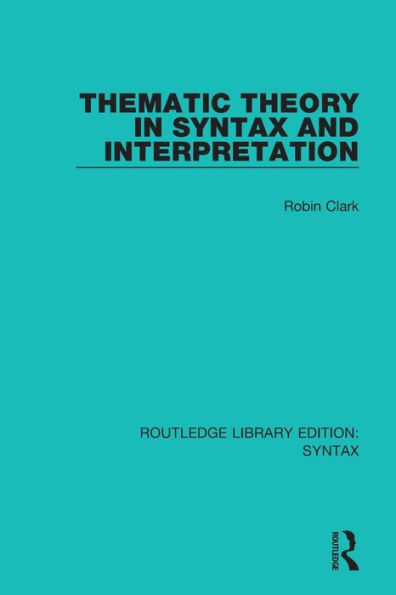Home
The Plessy Case: A Legal-Historical Interpretation / Edition 1
Barnes and Noble
Loading Inventory...
The Plessy Case: A Legal-Historical Interpretation / Edition 1 in Franklin, TN
Current price: $92.00

Barnes and Noble
The Plessy Case: A Legal-Historical Interpretation / Edition 1 in Franklin, TN
Current price: $92.00
Loading Inventory...
Size: OS
In 1896 the U.S. Supreme Court case
Plessy
v.
Ferguson
upheld "equal but separate accommodations for the white and colored races" on all passenger railways within the state of Louisiana. In this account with implications for present-day America, Lofgren traces the roots of this landmark case in the post-Civil War South and pinpoints its moorings in the era's constitutional, legal, and intellectual doctrines. After reviewing
de facto
racial separation and the shift by southern states to legislated transportation segregation, he shows that the Fourteenth Amendment became a ready vehicle for legitimating classification by race. At the same time, scientists and social scientists were proclaiming black racial inferiority and lower courts were embracing separate-but-equal in ordinary law suits. Within this context, a group of New Orleans blacks launched a judicial challenge to Louisiana's 1890 Separate Car Law and carried the case to the Supreme Court, where the resulting opinions by Justices Henry Billings Brown and John Marshall Harlan pitted legal doctrines and "expert" opinion about race against the idea of a color-blind Constitution. Throughout his account, Lofgren probes the intellectual premises that shaped this important episode in the history of law and race in Americaan episode that still raises troubling questions about racial classification and citizenshiprevealing its dynamics and place in the continuum of legal change.
Plessy
v.
Ferguson
upheld "equal but separate accommodations for the white and colored races" on all passenger railways within the state of Louisiana. In this account with implications for present-day America, Lofgren traces the roots of this landmark case in the post-Civil War South and pinpoints its moorings in the era's constitutional, legal, and intellectual doctrines. After reviewing
de facto
racial separation and the shift by southern states to legislated transportation segregation, he shows that the Fourteenth Amendment became a ready vehicle for legitimating classification by race. At the same time, scientists and social scientists were proclaiming black racial inferiority and lower courts were embracing separate-but-equal in ordinary law suits. Within this context, a group of New Orleans blacks launched a judicial challenge to Louisiana's 1890 Separate Car Law and carried the case to the Supreme Court, where the resulting opinions by Justices Henry Billings Brown and John Marshall Harlan pitted legal doctrines and "expert" opinion about race against the idea of a color-blind Constitution. Throughout his account, Lofgren probes the intellectual premises that shaped this important episode in the history of law and race in Americaan episode that still raises troubling questions about racial classification and citizenshiprevealing its dynamics and place in the continuum of legal change.
In 1896 the U.S. Supreme Court case
Plessy
v.
Ferguson
upheld "equal but separate accommodations for the white and colored races" on all passenger railways within the state of Louisiana. In this account with implications for present-day America, Lofgren traces the roots of this landmark case in the post-Civil War South and pinpoints its moorings in the era's constitutional, legal, and intellectual doctrines. After reviewing
de facto
racial separation and the shift by southern states to legislated transportation segregation, he shows that the Fourteenth Amendment became a ready vehicle for legitimating classification by race. At the same time, scientists and social scientists were proclaiming black racial inferiority and lower courts were embracing separate-but-equal in ordinary law suits. Within this context, a group of New Orleans blacks launched a judicial challenge to Louisiana's 1890 Separate Car Law and carried the case to the Supreme Court, where the resulting opinions by Justices Henry Billings Brown and John Marshall Harlan pitted legal doctrines and "expert" opinion about race against the idea of a color-blind Constitution. Throughout his account, Lofgren probes the intellectual premises that shaped this important episode in the history of law and race in Americaan episode that still raises troubling questions about racial classification and citizenshiprevealing its dynamics and place in the continuum of legal change.
Plessy
v.
Ferguson
upheld "equal but separate accommodations for the white and colored races" on all passenger railways within the state of Louisiana. In this account with implications for present-day America, Lofgren traces the roots of this landmark case in the post-Civil War South and pinpoints its moorings in the era's constitutional, legal, and intellectual doctrines. After reviewing
de facto
racial separation and the shift by southern states to legislated transportation segregation, he shows that the Fourteenth Amendment became a ready vehicle for legitimating classification by race. At the same time, scientists and social scientists were proclaiming black racial inferiority and lower courts were embracing separate-but-equal in ordinary law suits. Within this context, a group of New Orleans blacks launched a judicial challenge to Louisiana's 1890 Separate Car Law and carried the case to the Supreme Court, where the resulting opinions by Justices Henry Billings Brown and John Marshall Harlan pitted legal doctrines and "expert" opinion about race against the idea of a color-blind Constitution. Throughout his account, Lofgren probes the intellectual premises that shaped this important episode in the history of law and race in Americaan episode that still raises troubling questions about racial classification and citizenshiprevealing its dynamics and place in the continuum of legal change.

















